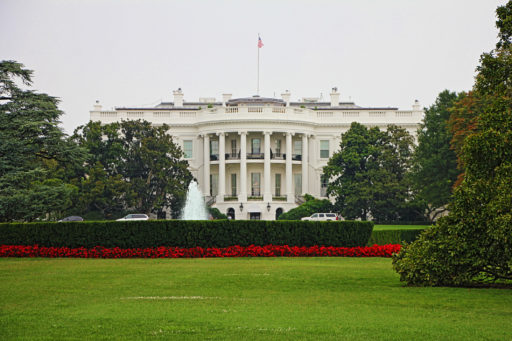A measure that would shorten the statute of limitations for New Jersey malpractice claims against certain licensed professionals, including attorneys, from six years to two years, passed the Assembly Judiciary Committee on March 18 in Trenton. Although a small step, this is encouraging for many New Jersey professionals, and the attorneys who defend them.
Under A-4880, malpractice suits against licensed accountants, architects, engineers and land surveyors would also have to be filed within two years, and attorney fees could not be awarded in any action …
Continue Reading









